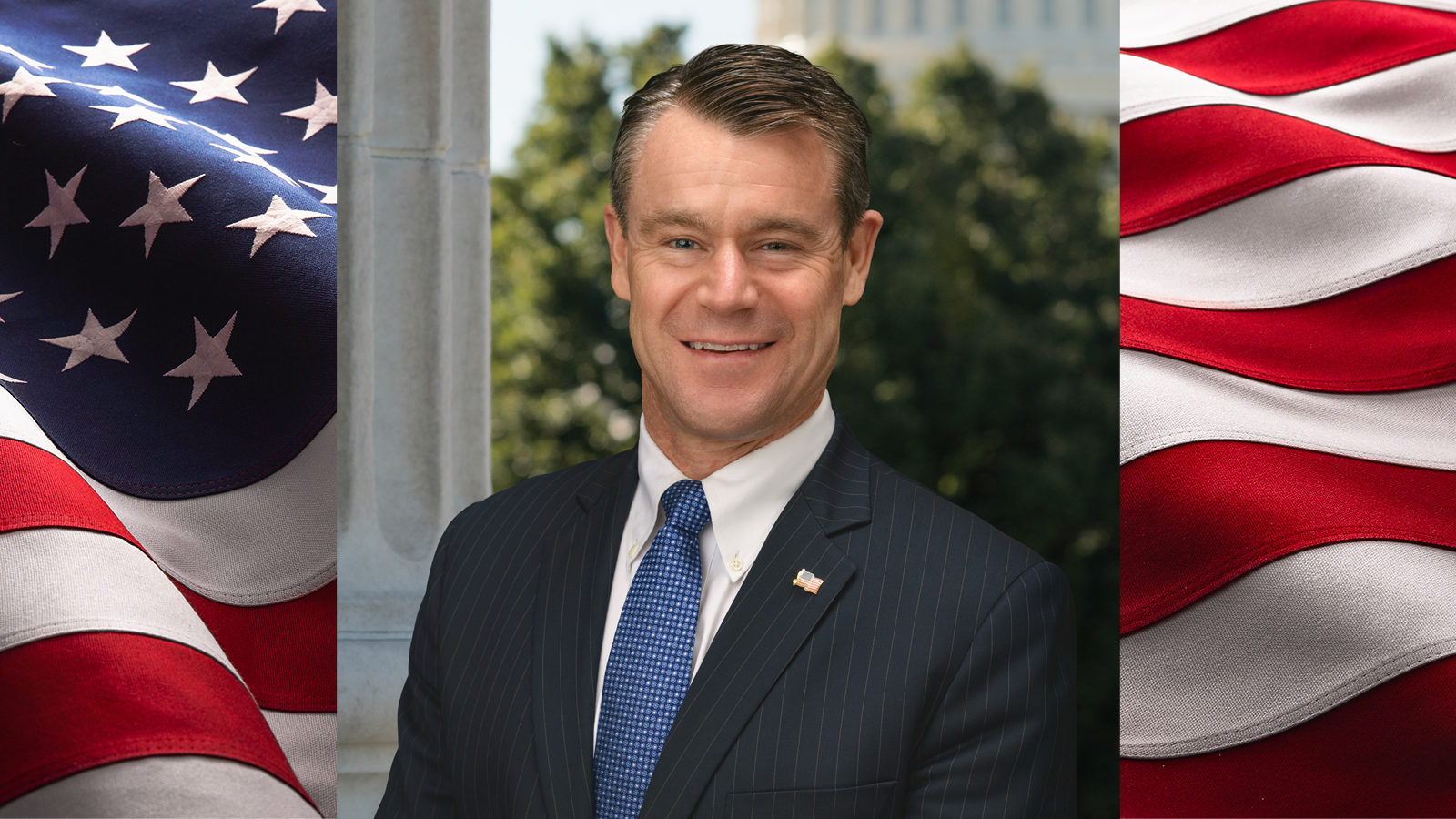U.S. Senators Todd Young (R-Ind.), James Lankford (R-Okla.), Mike Crapo (R-Idaho), Bill Cassidy (R-La.), and Marsha Blackburn (R-Tenn.) sent a letter to Acting Secretary for the U.S. Department of Labor Julie Su and Assistant Secretary for Employment and Training Administration at the Department of Labor José Javier Rodríguez to sound the alarm on rising fraud for unemployment insurance (UI) and urge support for state-level prevention of UI fraud.
“We write to advocate for state unemployment insurance (UI) agencies and to support their efforts to prevent fraud. The COVID-19 pandemic proved that the nation’s UI system adapts quickly to support unemployed Americans during periods of exceptional hardship. Due to business closures and stay at home orders, the number of initial claims and continued claims rose quickly at the beginning of the pandemic,” the senators wrote in the letter.
“As the claims volume rose, the burden on states to detect fraud only increased. The number of fraudulent claims skyrocketed as states received more claims. The Government Accountability Office (GAO) estimates that between 11 and 15 percent of all pandemic-era UI benefits, or $100-$135 billion, were distributed fraudulently…We look forward to working with you and encourage the Department to prevent fraudulent actors from stealing taxpayer dollars,” they senators continued.
Senators Young, Lankford, and Crapo previously sent a letter to Attorney General Merrick Garland and Department of Labor (DOL) Secretary Marty Walsh requesting an update on the Biden Administration’s efforts to recover fraudulent benefits obtained through the temporary COVID-19 unemployment insurance programs. Senators Young and Crapo also introduced the Protecting Taxpayers and Victims of Unemployment Fraud Act to help recover funds lost to unemployment insurance (UI) fraud and provide incentives for states to recover fraudulent payments.
View the full letter here or below.
Dear Acting Secretary Su and Assistant Secretary Rodriguez:
We write to advocate for state unemployment insurance (UI) agencies and to support their efforts to prevent fraud. The COVID-19 pandemic proved that the nation’s UI system adapts quickly to support unemployed Americans during periods of exceptional hardship. Due to business closures and stay at home orders, the number of initial claims and continued claims rose quickly at the beginning of the pandemic. Nationwide, the number of initial claims rose from 251,875 during the week ending March 14, 2020, to 2.9 million during the week ending March 21, a 1,157 percent increase. By April 4, 2020, there were 6.1 million initial claims, and by April 25 there were 21.7 million continuing claims.
As the claims volume rose, the burden on states to detect fraud only increased. The number of fraudulent claims skyrocketed as states received more claims. The Government Accountability Office (GAO) estimates that between 11 and 15 percent of all pandemic-era UI benefits, or $100-$135 billion, were distributed fraudulently. Expenditures across the UI system totaled about $878 billion from April 2020 through September 2022, according to the U.S. Department of Labor (“the Department”).
During the pandemic, the Department issued Unemployment Insurance Program Letter (UIPL) No. 16-21 to “highlight the importance of identity verification” and help states understand “required administrative procedures” when the eligibility of a claimant “is questionable.” In the context of identity verification, the guidance permits states to pause benefits to a suspected fraudulent claimant for a week but requires states to resume paying benefits on claims on which payment has already been made (“continued claims’) after a week-long pause.
In 1971, the United States Supreme Court ruled states must distribute benefits at “the earliest stage of unemployment as is administratively feasible” citing the “when due” clause of Section 303(a)(1) of the Social Security Act. The Department has interpreted the Court’s “administratively feasible” requirement and the “when due” clause to mean payment must be made on a continued claim “no later than the end of the week following the week in which the issue arises” on a claim where payment has already been made.
Unfortunately, states frequently discover after making payment that a claimant is likely a fraudulent actor. As such, the constrained timeline imposed by the Department creates administrative, structural, and financial challenges for states in periods where claim volume is high. Fraudulent actors frequently request appeals once their payments are paused because they know a state is obligated to resume payment well before an appeal can ever take place. The Department provides states with limited ability to stop paying benefits to clearly fraudulent actors absent a long appeals process that can, with enough fraudulent claims, be extremely costly to taxpayers. Currently, the Department only suggests states mitigate the potential risk of paying ineligible claimants by “advis[ing] claimants that they may want to defer cashing the unemployment check until their eligibility has been verified.” Unsurprisingly, fraudsters did not wait to spend their money once it was received.
The high volume of claims and the growing sophistication of fraud rings makes the Department’s interpretation in UIPL 16-21 and similar guidance of what is “administratively feasible” outdated and burdensome on states. The Department has noted “[p]roper application of Section 303(a)(1) requires an appropriate balancing of the dual concerns of promptness and accuracy” in interpreting the “when due” clause. Accordingly, we request the Department modify UIPL 16-21 and other relevant guidance to achieve this “appropriate balancing” and offer states greater flexibility to prevent the payment of benefits to fraudulent actors. If fraud is reduced, states will have more bandwidth to invest in staff training, information technology systems, and best practices to promote the timely delivery of benefits.
We look forward to working with you and encourage the Department to prevent fraudulent actors from stealing taxpayer dollars.
Sincerely,











